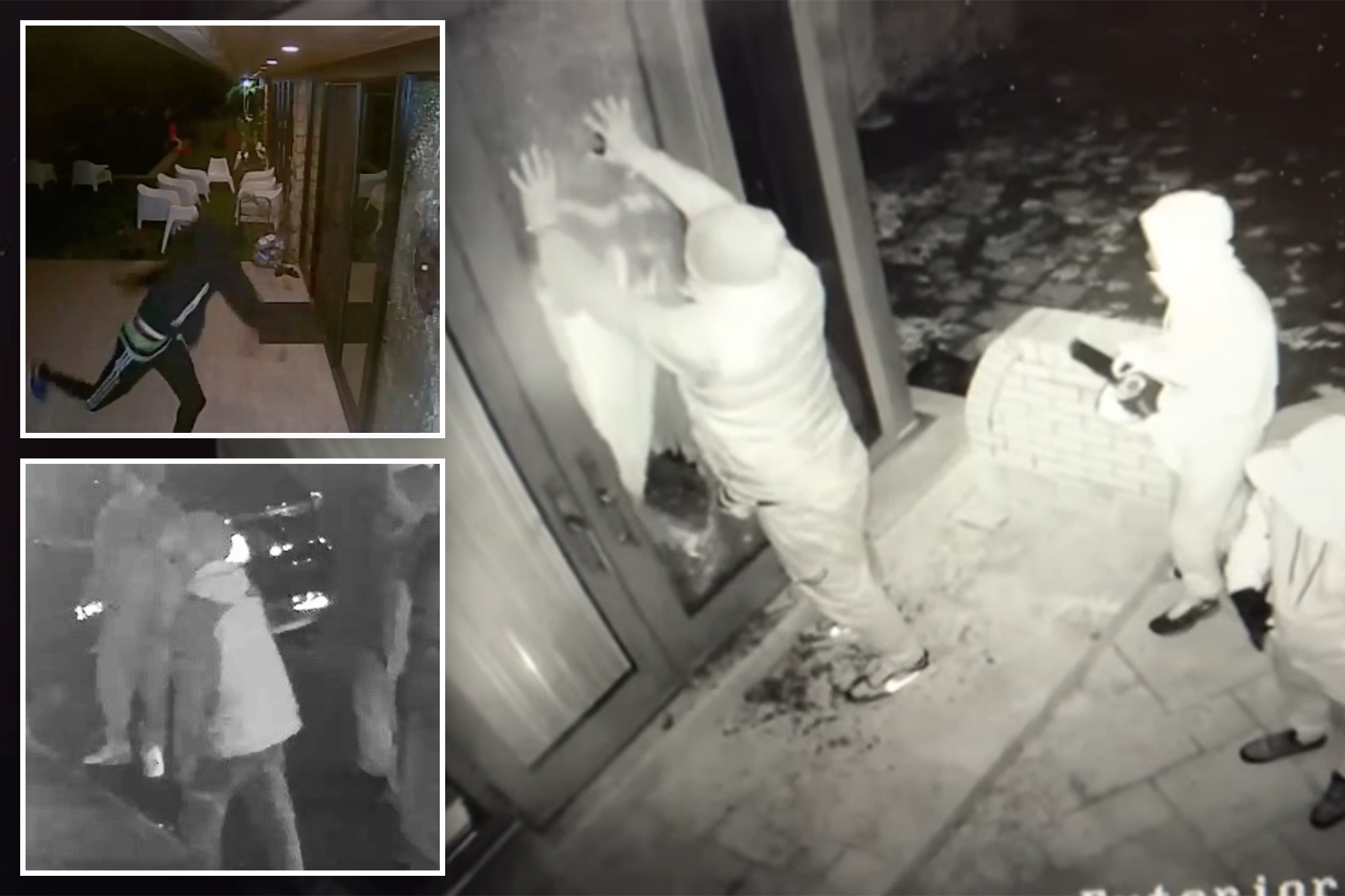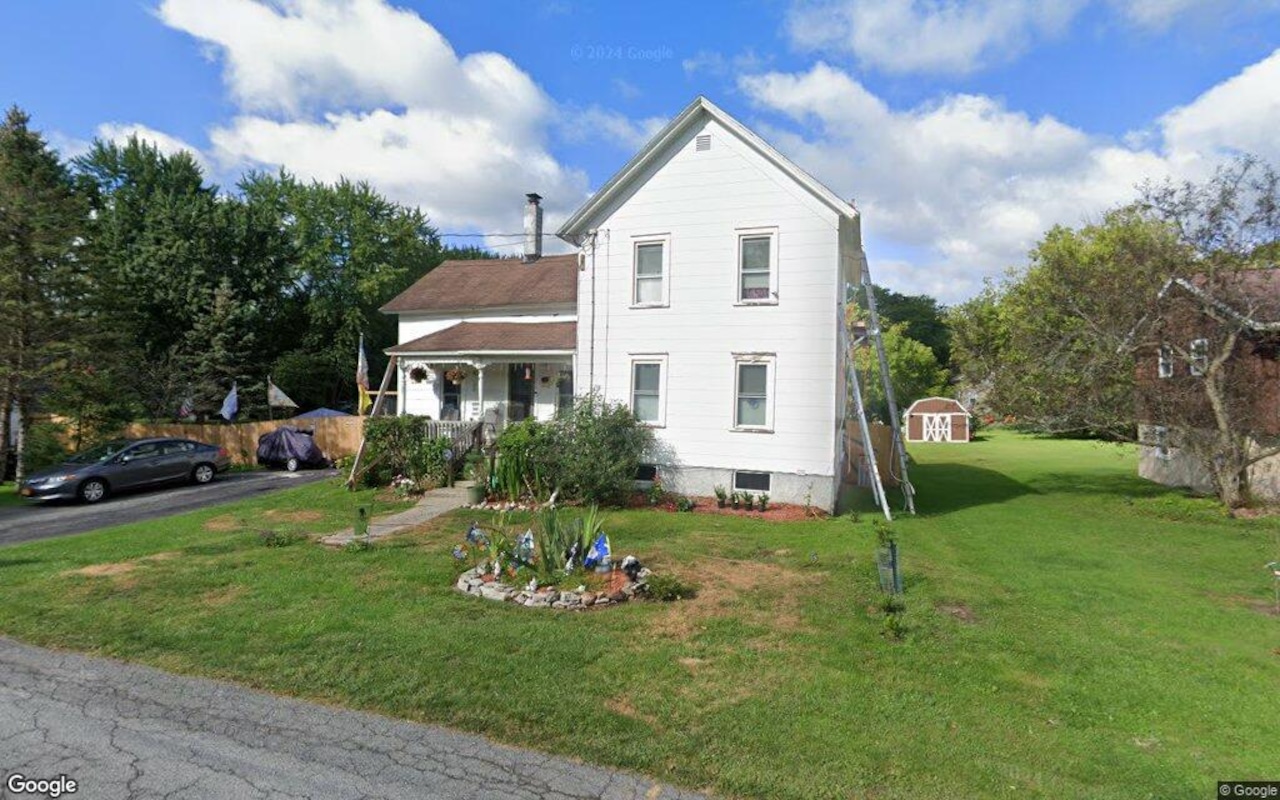B
urglars now use online platforms to plan potential robberies from their computers or phones. Although hard data on burglar’s methodologies is hard to come by, California’s Riverside Police Department has seen a number of criminals using these online means after they are arrested for prospective burglaries, or after completing one successfully. The revelation comes as roving international crime gangs have victimized communities in California, Michigan and Arizona, according to Fox News Digital coverage earlier this year.
Riverside Police Department confiscate digital devices from suspects after arrest and try to get search warrants to gain access to these devices. Detectives have found suspects searching certain addresses on Google Maps and Zillow or Redfin. Google Earth shows high-definition aerial footage of 36 million square miles via Google Earth and Google Street View footage on 10 million miles of road worldwide. Zillow reported approximately 130 million listings in the U.S. as of July 2024. Sites like Zillow, Redfin and Realtor.com often show detailed interior photos of homes, and they stay on the website even after the home is sold in some cases.
Former NYPD detective and security expert Pat Brosnan said that prospective sellers can protect themselves by limiting what they include in their online home profiles. He advised against submitting accurate, telling and professionally taken photos but always advised against doing a 360 video, which is common with sales. Brosnan said that videos can be paused and enhanced, allowing criminals to “know every crack and crevice of the home, including windows, cameras and locking systems.”
Sharon Polsky, president of the Privacy & Access Council of Canada, said that Google Maps imagery is also a useful tool for prospective car thieves. She said that car thieves can get a good idea of the type and number of vehicles at an address. A home with children’s toys scattered in the yard might be an unlikely place to get a high-end sports car; but a house with flags used as window coverings might be more likely to have an older vehicle — with lower value and therefore lesser criminal charges.
In listing photos on realty service websites, Brosnan suggested avoiding photos of your security cameras, locks, security systems, gates, windows and doors whenever possible. He also advised against showing photos of the home at night that reveal where any motion-activated spotlights are located. Former FBI agent and cybersecurity professional Bill Daly advised those selling their homes to make sure that any valuable furniture or artwork is stashed away before taking photos for a real estate listing.
Polsky said that when working with realtors, hopeful home sellers should “build it into the contract that the house number must not be revealed in the listing or photos. Doing that makes it only a bit less convenient for tire-kickers and potential renters/buyers who have to contact the realtor to get the address, giving the realtor an opportunity to talk to each person and build their own contact list). More importantly, not revealing the house number makes it a lot less convenient for thieves.”
Railsback advised homeowners to put prominent security cameras and signage for alarm systems outside their homes, and to befriend their neighbors. Brosnan also suggested having your home blurred on Google Maps Streetview, which can be done by finding your home on the service and clicking “Report a problem,” which gives you a short form to fill out. A Google spokesperson said that it generally takes their team about a week to blur out an address after a request, and that once an address has been blurred, the change is irreversible. The spokesperson noted that the company uses AI technology to blur license plate numbers and faces in Streetview images.
A Zillow representative said their service makes it “quick and easy” to take ownership of home listings. The option can be accessed by finding your home on the site and clicking “More options,” which reveals the “Claim ownership” function. After proving that they own the home in question, homeowners can remove photos or the entire listing. “We take privacy and security very seriously,” the spokesperson said. “The photos on Zillow come from sources like the multiple listing service that real estate agents use to market homes for sale. We always encourage homeowners to claim their home on Zillow, which allows them to change or remove photos and edit their home facts.”
Brosnan also suggested limiting what you post online about your own whereabouts. Unless your social media is very private, and your followers are those that you personally know and trust, don’t post about your vacation on social media. If I see anyone on social media, and they’re on vacation in Mexico somewhere, where are they not? You have to look at your settings every so often – these platforms update their settings. Update your settings, keep them updated, and ask your close friends or neighbors to drive by your house or give them access to your cameras when you are away. Don’t advertise when you’re not home. Those who must upload their vacation photos online should wait until they’ve returned home to post.













